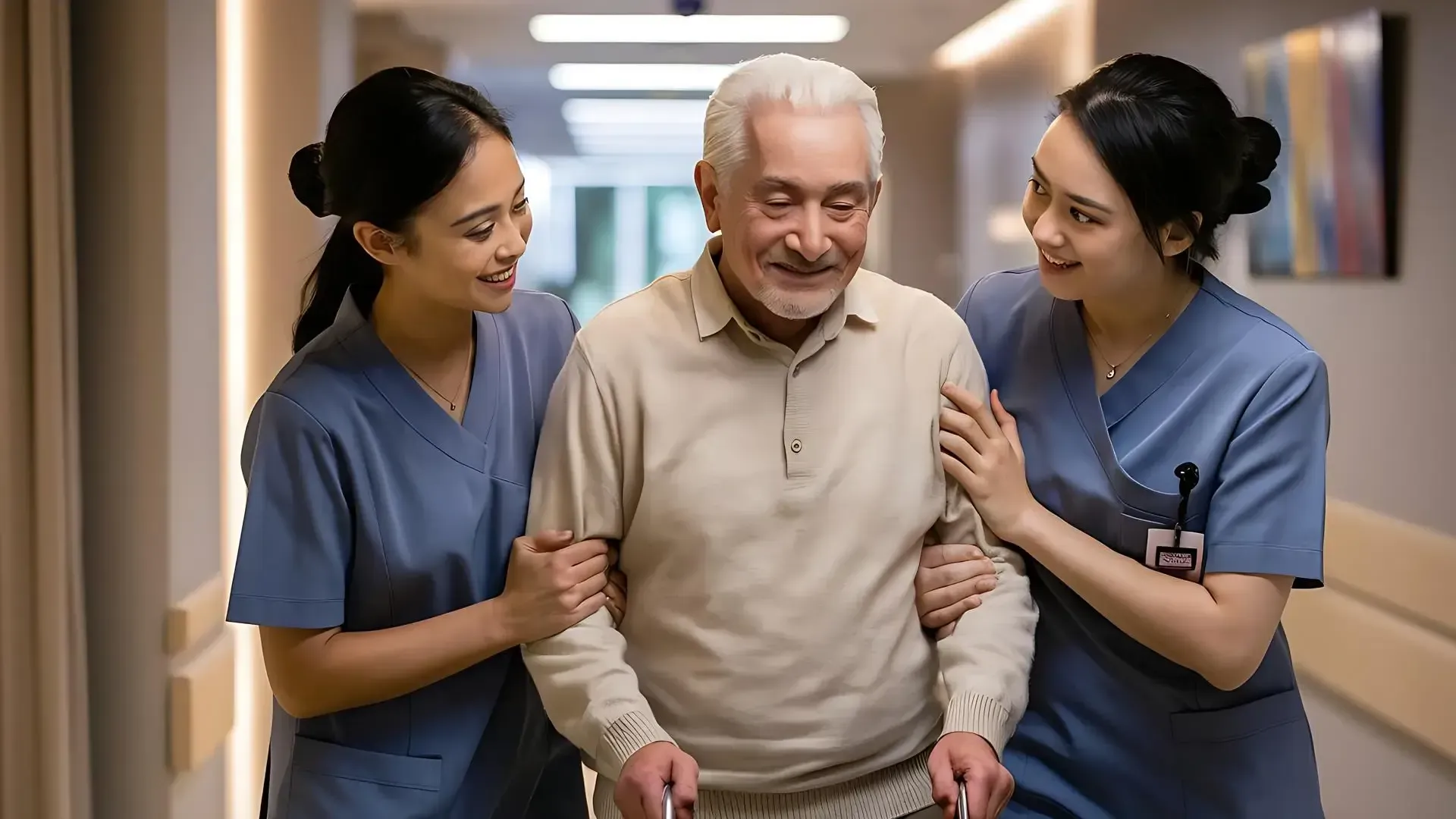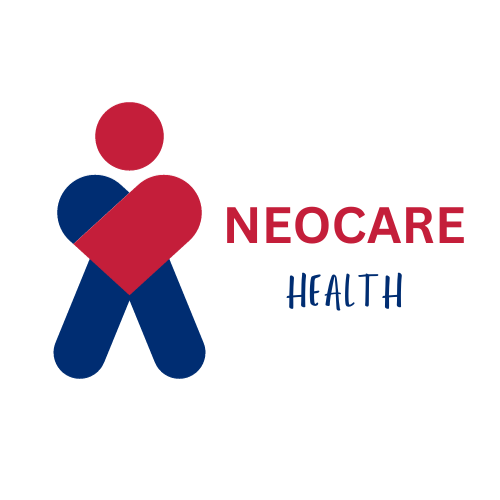Managing Medications in Aged Care: Ensuring Safety and Efficacy
In aged care facilities, the management of medications plays a crucial role in ensuring the well-being and health of elderly residents. As individuals age, they often develop multiple chronic conditions that require ongoing medication management. This article will explore the importance of managing medications in aged care, focusing on the key aspects of safety and efficacy.
Ensuring Safety
- Accurate Medication Administration: Aged care nurses must ensure that medications are administered accurately, following the prescribed dosage and schedule. This involves double-checking medications, verifying patient identities, and maintaining clear documentation.
- Medication Storage and Handling: Proper storage and handling of medications are essential to maintaining their efficacy. Medications should be stored in a secure and controlled environment, away from direct sunlight, heat, and moisture. Regular inspections and audits help identify and address any issues related to medication storage.
- Preventing Medication Errors: Medication errors can have serious consequences for elderly residents. To minimise the risk, nurses should follow the "five rights" of medication administration: right patient, right medication, right dose, right route, and right time. Regular training and education on medication safety protocols are crucial for healthcare professionals.
- Medication Reconciliation: Medication reconciliation is a process that ensures accurate and complete medication information during transitions of care. Regularly reviewing and updating medication lists helps identify any discrepancies and prevent adverse drug events.
Ensuring Efficacy
- Medication Adherence: Aged care nurses play a vital role in promoting medication adherence among elderly residents. They provide education and support to help residents understand the importance of taking their medications as prescribed. This includes explaining potential side effects, addressing concerns, and providing reminders.
- Regular Medication Reviews: Regular medication reviews are necessary to assess the ongoing need, effectiveness, and appropriateness of medications. Nurses collaborate with healthcare providers to ensure that medications are adjusted or discontinued when necessary, reducing the risk of polypharmacy and adverse reactions.
- Communication and Collaboration: Effective communication and collaboration among healthcare professionals are essential for optimising medication efficacy. Nurses work closely with pharmacists, doctors, and other members of the multidisciplinary team to ensure that medications are prescribed and administered appropriately.
- Monitoring and Reporting: Aged care nurses closely monitor residents for any medication-related side effects or adverse reactions. They promptly report any concerns to healthcare providers and document all observations accurately. Regular monitoring helps track the effectiveness of medications and enables timely interventions.
Managing medications in aged care requires a comprehensive approach that prioritises safety and efficacy. Aged care nurses play a critical role in ensuring accurate medication administration, preventing errors, and promoting medication adherence. By adhering to best practices, promoting effective communication, and collaborating with other healthcare professionals, nurses can ensure that elderly residents receive the right medications at the right time, optimising their health and well-being in aged care settings.










